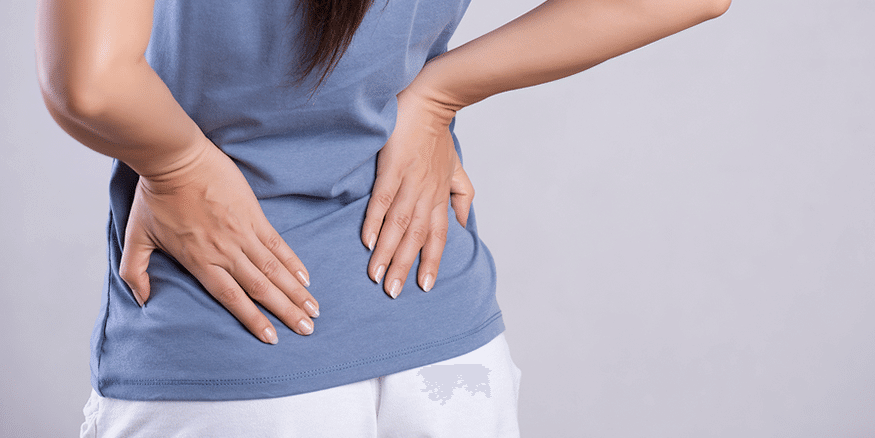Chronic hip pain can disrupt daily life, making activities like walking, sitting, and bending challenging. While medication can provide relief, incorporating certain anti-inflammatory superfoods into your diet may help reduce discomfort and promote joint health naturally. Wellness expert Alex Dyer shares his top strategies to manage hip pain using a holistic approach, focusing on diet, exercise, and lifestyle adjustments.
Top Anti-Inflammatory Superfoods for Hip Pain Relief
1. Omega-3-Rich Foods: Salmon, Chia Seeds, and Walnuts
Omega-3 fatty acids are well-known for their powerful anti-inflammatory properties. Foods like salmon, chia seeds, and walnuts help reduce joint inflammation, easing hip pain and stiffness.
Tip: Include these omega-3 foods in your diet at least twice a week. Dyer says, “Think of them as a natural anti-inflammatory shield for your joints.”
2. Antioxidant-Packed Berries and Leafy Greens
Antioxidants help protect your cells from damage and reduce inflammation. Incorporate berries, spinach, and kale into your meals to support joint health and fight inflammation.
Expert Insight: “Antioxidants in berries can help alleviate inflammation and protect against cell damage,” says Dyer. Aim to include these foods in your diet daily.
3. Magnesium-Rich Foods: Spinach, Pumpkin Seeds, and Bananas
Magnesium is crucial for muscle and nerve relaxation, helping to alleviate tightness and pressure around the hip joint. Spinach, pumpkin seeds, bananas, and dark chocolate are excellent sources of magnesium.
Dyer’s Advice: “Magnesium helps muscles relax, reducing pressure on the hips. A handful of pumpkin seeds or a magnesium supplement could make a big difference.”
4. Hydrate for Joint Lubrication
Staying hydrated is essential for joint health. Proper hydration helps cushion the joints, reducing stiffness and pain. Aim for eight glasses of water per day.
Dyer Recommends: “Hydration is simple yet vital. It keeps the hips lubricated, especially if you’re physically active. Add a splash of lemon or cucumber for flavor.”
5. Bone-Strengthening Foods: Calcium and Vitamin D
Foods high in calcium and vitamin D are essential for maintaining strong bones and joint health. Include dairy products, leafy greens, fortified cereals, and fish like sardines in your diet. For those avoiding dairy, fortified almond or soy milk are great alternatives.
Dyer’s Tip: “Building bone strength can significantly reduce hip pain over time. Incorporate calcium-rich foods into your meals at least twice a day.”
Stretching and Gentle Movement for Hip Pain
In addition to dietary changes, incorporating regular stretching and gentle exercises can help relieve hip stiffness and improve mobility. Dyer suggests:
- Figure-Four Stretch: Cross one ankle over the opposite knee and gently pull it towards your chest.
- Child’s Pose: A gentle yoga pose that helps open up the hips and release tension.
Dyer’s Routine: “Incorporate stretching at least three times a week. Even 10 minutes can help ease pain and improve flexibility.”
Common Causes of Hip Pain
Hip pain can arise from various factors, including:
- Injuries: Such as hip fractures, dislocations, or labral tears.
- Arthritis: Osteoarthritis or inflammatory arthritis causing pain and stiffness.
- Muscle Weakness: Aging or overtraining can lead to muscle imbalances and pain.
- Repetitive Activities: Activities like running or heavy lifting can strain the hip joint.
- Other Conditions: Bursitis, tendinitis, and femoral acetabular impingement.
Self-Management Tips for Hip Pain Relief
Most hip pain can be managed with lifestyle adjustments:
- Pain Relievers: Over-the-counter options like acetaminophen (Tylenol) and ibuprofen (Advil) can provide temporary relief.
- Exercise: Low-impact exercises like walking and swimming help strengthen muscles and reduce joint strain.
When to See a Doctor
Consult your doctor if:
- Pain worsens despite self-management
- Medications do not provide relief
- You experience fever, night sweats, or significant weight loss
- You have severe pain at night or difficulty sleeping
- There is joint swelling, redness, or warmth
- You have morning stiffness lasting over 30 minutes
Conclusion: Natural Solutions for Hip Pain Relief
Managing hip pain doesn’t have to rely solely on medication. By incorporating anti-inflammatory superfoods, staying hydrated, stretching regularly, and strengthening your bones, you can take control of your joint health naturally. Alex Dyer emphasizes, “These simple lifestyle changes can make a significant difference in reducing discomfort and improving mobility.”


_6.jpg)





.svg)

